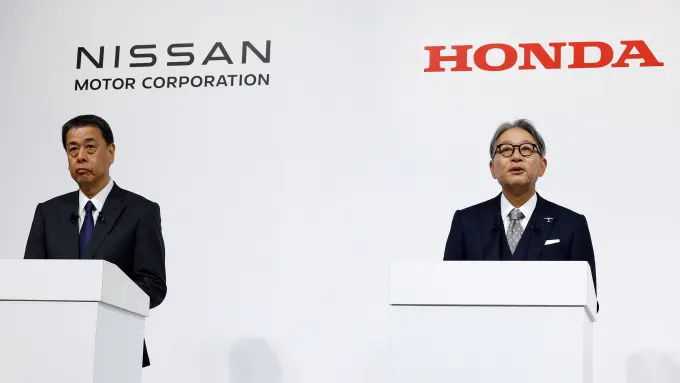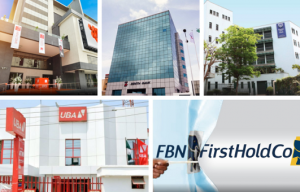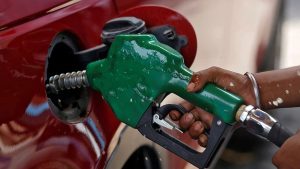
Japanese automakers Honda and Nissan have unveiled plans to merge their operations under a joint holding company, aiming to become the world’s third-largest automaker by sales. The announcement marks a significant move in the auto industry’s shift toward electrification and cost efficiency.
During a press conference on Monday, Honda President Toshihiro Mibe revealed that the companies had signed a memorandum of understanding to begin the process. The smaller alliance member Mitsubishi Motors has also agreed to participate in the merger discussions. “This integration will allow us to deliver greater value to our customers globally,” Mibe said, emphasizing that each company would retain its principles and brand identity under the new arrangement.
The proposed merger is expected to be finalized by June 2025 and completed by August 2026. However, Mibe cautioned that the discussions are still in their early stages. “There are points that need to be studied and discussed,” he said. “Frankly speaking, the possibility of this not being implemented is not zero.”
The collaboration comes as Japanese automakers face mounting pressure to compete with global giants like Toyota and Volkswagen in the electric vehicle (EV) market. Combined, Honda, Nissan, and Mitsubishi aim to produce around 8 million vehicles annually, trailing only Toyota, which manufactured 11.5 million cars in 2023.
Honda is Japan’s second-largest automaker, while Nissan brings expertise in EVs, battery technology, and hybrid powertrains. This merger is expected to bolster Honda’s development of next-generation electric and hybrid vehicles. “We anticipate that if this integration comes to fruition, we will be able to deliver even greater value to a wider customer base,” Nissan CEO Makoto Uchida said.
The merger reflects the companies’ efforts to cut costs and accelerate their transition to electrification. In August, the three automakers announced plans to share EV components, such as batteries, and jointly research autonomous driving technologies.
The merger has drawn mixed reactions. Former Nissan Chairman Carlos Ghosn, speaking via video from Lebanon, criticized the move as a “desperate attempt” to address the companies’ financial struggles. Nissan, in particular, has faced challenges following Ghosn’s high-profile arrest in 2018 and subsequent scandals.
Nissan recently announced a 20% reduction in global production capacity and a 9,000-employee workforce cut. Despite these challenges, Uchida remains optimistic, noting that the merger could make Nissan more efficient and responsive to market changes.
News of the merger sent shares of both companies soaring. Nissan’s Tokyo-listed shares rose 1.6% on Monday, with a 20% jump last week following initial reports of the merger talks. Honda shares gained 3.8%.
Japanese officials welcomed the announcement, citing the need for domestic automakers to remain competitive. “As the business environment surrounding the automobile industry changes dramatically, competitiveness in batteries and software is increasingly important,” said Cabinet Secretary Yoshimasa Hayashi.








